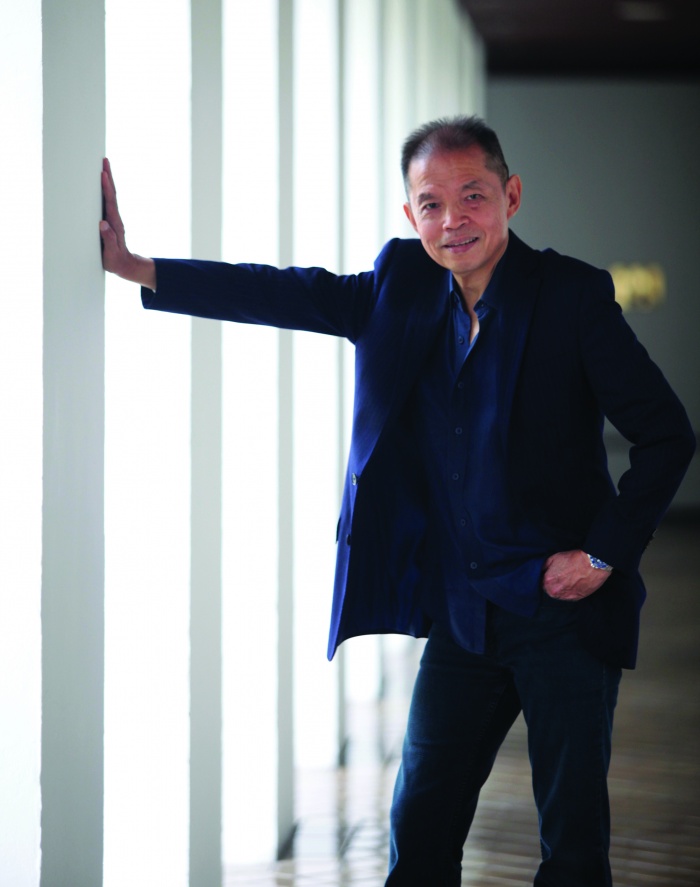
Breaking Travel News interview: Krip Rojanastien, chief executive, Chiva-Som
Luxury Thai resort Chiva-Som is currently undergoing its first major renovation since its inception 23 years ago.
Situated in Hua Hin, on the west coast of the country, the property is renowned for its results-led approach to wellness.
Guests have been known to return dozens of times, often staying for weeks, as they seek a physical equilibrium denied by the frantic modern world.
As chief executive of the property, Krip Rojanastien, formerly a financier with Bangkok Bank, now dedicates his life to the pursuit of wellness.
Speaking to Breaking Travel News he explains, while the property has a successful business model, it must invest to meet the demands of the traveller of tomorrow.
He tells editor Chris O’Toole: “The renovation of Chiva-Som will help us anticipate what is coming in the future.
“We have been in operation for 23-years and it is now time to look forward, to anticipate the needs, trends, and the demands of our future clientele.
“A lot of the people who came to our resort 20-something years ago, they have aged, so they have different requirements.
“We also have younger generations coming in.
“Thus, we are catering to a wider base of people and we must anticipate their needs.
“We are investing to stay relevant.
“If you are going to be offering real value, you have to be relevant to the lifestyle of your guests.”
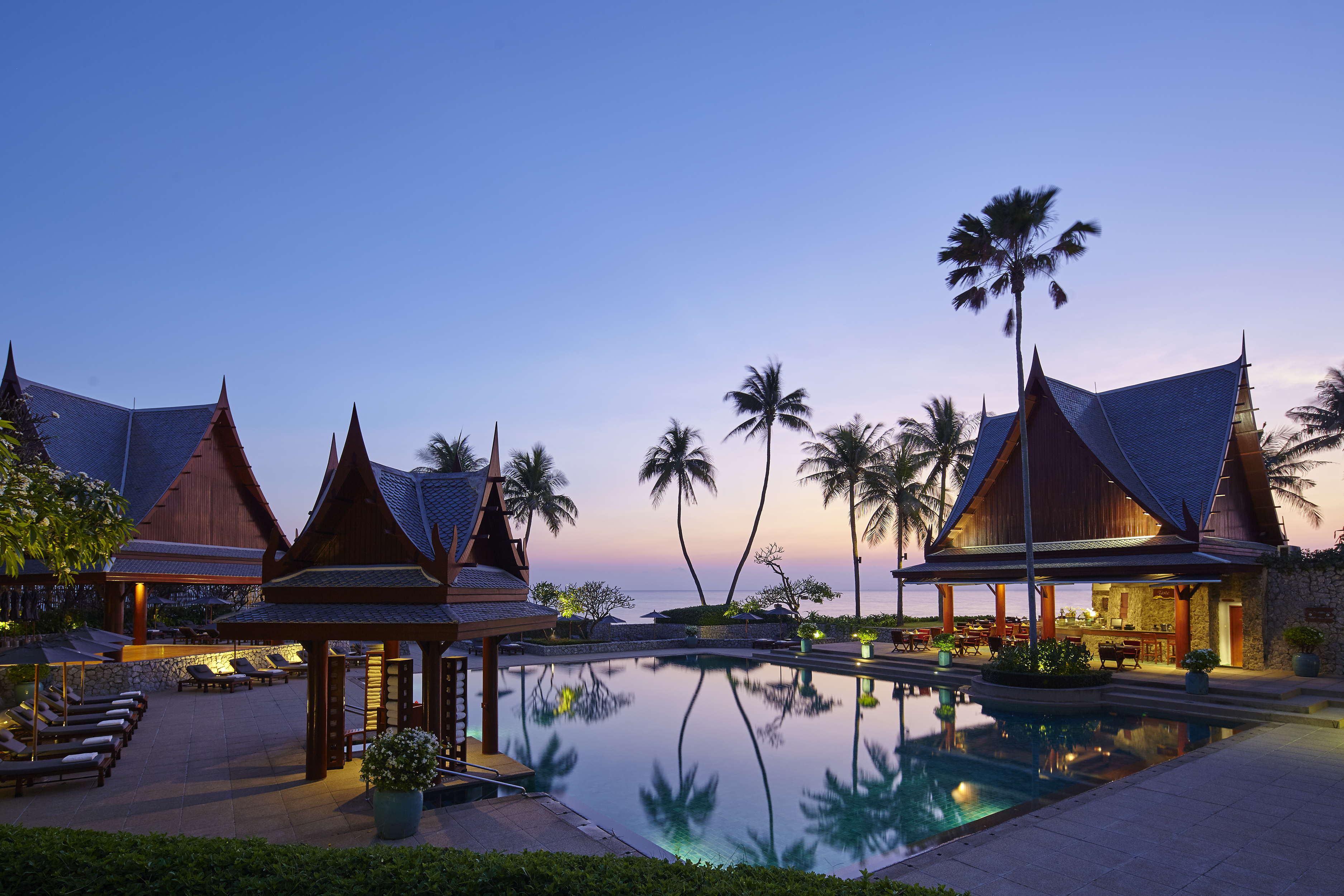
Under Rojanastien’s leadership, Chiva-Som is seeking to remain ahead of the game, as well as to combine tradition, modernity, luxury and sustainability.
This means reshaping the resort to meet the changing needs of guests.
Renovations are expected to cost in the region of £20 million and will be completed next year.
He continues: “What we have done is enlarge the accommodation rooms - people do spend a lot of time there.
“In the 1980s, we used to think in a resort people would spend all the time in the spa, the gym or wherever.
“Well, it is not quite like that.
“When you talk about rest and recovery, letting people sleep for eight hours, maybe even in-room dining, they spend a lot of time in there.
“So, we have increased from 35 square metres, to 40, 50, 60 metres square spaces, or even bigger.
“We have reduced the number of rooms to do this, but we wanted to get the kind of spaces we needed.”
Guests also find it difficult to completely switch off from the outside world, a trend that Chiva-Som has been forced to accommodate.
Rojanastien adds: “The new bedrooms also have a work desk.
“We found, if we kept guests from their work, stress goes up.
“People only completely disconnect from the world in the outside areas; here we insist there are no phones or communication devices – we do not want them stressing other people out.
“It is also a privacy issue, we maintain that for other guests.”

Chiva-Som was born in 1995 when Krip’s father, Boonchu Rojanastien, demolished his beachfront holiday home in the Thai seaside town to build a sanctuary more guests could enjoy.
As a weekend retreat from the fast pace of Bangkok city, his family and friends would wake early, jog on the beach, play outdoor sports, breathe fresh air, relax and eat good food, before returning to work on Monday, fully recharged.
The location was called Chiva-Som, which means ‘Haven of Life,’ and that is exactly what Boonchu wanted to create.
Krip was appointed chairman in 2007, succeeding his late father.
Speaking in London, he explains how important the UK market is.
“Right now, the British market is one out of five of our guests,” Krip explains.
“We sell through agents, but a lot of it is direct, while more than 50 per cent of our guests are return.
“But we also have people from the Middle East, it is quite a diverse base.
“We have Europeans, led by the British, followed by Germany and Switzerland.
“But we also have Australia, the Middle East, and then India and Hong Kong.
“People in the Middle East are very knowledgeable about wellness.”
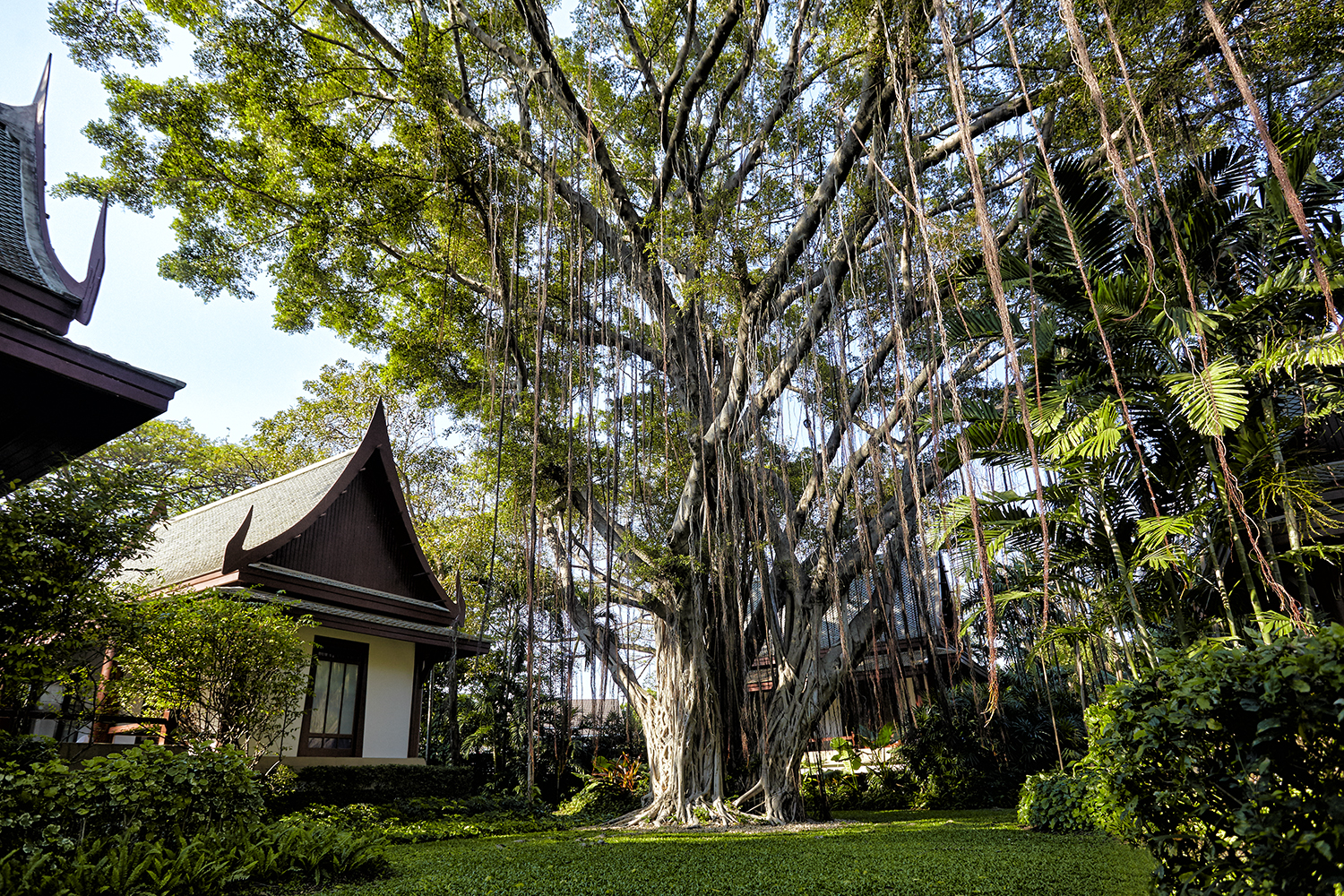
Away from the resort, Rojanastien also takes a keen interest in the development of the local area as chairman of the Preserve Hua Hin Group.
He explains: “Here we wanted to create body which would allow cooperation between the public and private sector, in order to preserve the environment and local quality of life.
“The government is usually slow, with budget and resources.
“When the environment deteriorates, the private sector has to take action.
“So, we worked together with our partners, be that hotels, the tourism authority or local government, to form this body that would action the environmental preservation initiatives and long-term plans for the city.
“We sought to maximise growth, but to balance it with the ecological impact of tourism.
“We have done a number of things, but the one we are proudest of is the forest we are growing in the middle of the Hua Hin, over a seven-acre piece of land.
“This is prime real-estate, in the middle of the city, so everybody can access it; there are different types of species, fish, birds, and we planted 3,000 trees.
“There is an eco-system developing there that everybody can go and enjoy; it features a boardwalk that is about a mile long.
“This is a product of collaboration, real-estate like that in the middle of the city is worth £12 million at least, but we decided we wanted a green area for people to enjoy.”
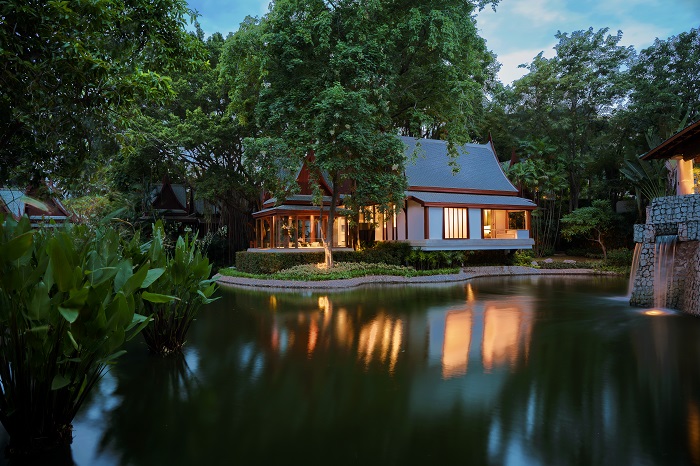
The Thai government, too, could do more to protect the environment, Rojanastien believes.
He continues: “I think the Thai authorities could go for more high-value, low-impact tourism.
“I think they have been preoccupied with driving up numbers, tens of millions.
“They should be realising, and I am sure they are, that if you get somebody who spends $500 a day, they use the same resources as somebody who spends $50.
“So why not go for something higher-end?
“This would be a hard thing, a long-term thing; you build value, the quality of the visit has to be higher.
“That means the infrastructure has to be better, the transport system, logistics, and our people.
“We have to offer better training, to deliver that sort of experience and bring out the best in us.
“Thais have some innate qualities, we are hospitable, friendly, but we have to make our infrastructure work.
“Things have to come on time, there needs to be precision in communication, and to deliver in a timely way, with fewer mistakes.”
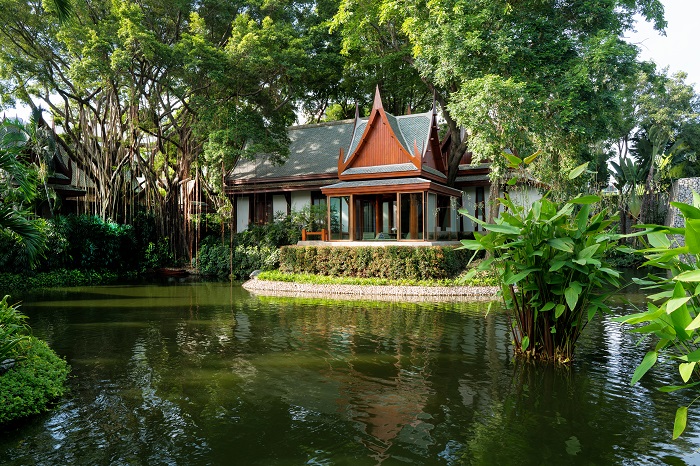
Looking to the future, the Chiva-Som chief executive reveals the property is currently developing a second location, in Indonesia.
Rojanastien concludes: “We have one in Bintan, Indonesia; a huge island that is only 45 minutes by ferry from Singapore.
“It is very accessible, but also very green, lots of mangroves.
“The proposition is that we will offer a lot of space there, our current property is seven acres, but here we will offer ten times that.
“We have gone in with an investor, a Malaysian, who has allocated the land for us as part of a huge project.
“It has an 800-metre private beach and 40 acres of mangrove which he has agreed to leave completely untouched.
“There will also be a residential element, with the resort on one side and villa-style, for sale, on the other.”
More Information
Blending the art of ancient health practices with the vitality of innovative holistic therapies, Chiva-Som answers the timeless desire for wellness.
The property is considered Asia’s Best Wellness Retreat by the World Spa Awards.
Find out more on the official website.

